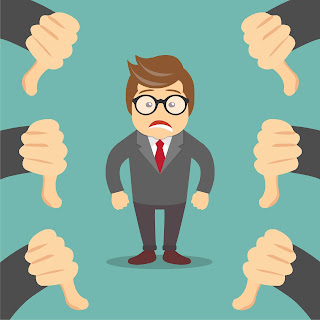IGNORANCE WILL DO MORE HARM IN A CRISIS
In a study by the Johns Hopkins University, the Coronavirus –scientifically known as SARS-CoV-2 clamps onto ACE- (angiotensin-converting enzyme) receptors, known as ‘gateway’ into cells inside the body. These receptors are structures found on the surface of cells in lungs and airways, which regulate blood pressure. Our eyes also produce these receptors, hence making them susceptible to attack by the Coronavirus. This means in case droplets from a positive person’s cough or sneeze lands on the surface of eyes, penetration of the virus would occur.
 |
| How Kenyans are taking precautionary directives. |
An interesting reason why different stakeholders of health advocate for social distance is to target man’s safety from the virus. "If we continue to behave normally, this disease will treat us abnormally." Famous words in Kenya, by the cabinet secretary of Health, Mutahi Kagwe. Whether the virus is natural or lab created is subject to discussion after sailing through this pandemic.
Ignorance is bliss, so they say. The price of ignorance during such a pandemic is death. Measures put in place to help fight this unseen enemy such as wearing masks have been taken for granted. It seems like a punishment, yet on the contrary it’s for your our own good. We loosen up the mask when in the wind and far from the law enforcers. Initially there were more stringent approaches by public transport system to spray hand sanitizers to commuters; unfortunately this has been taken under the bus. Washing hands with running water is not the only way to stay safe, but adhering to all aspects that make us vulnerable to COVID-19 is of utmost importance.
Most countrymen in developing countries have overly flawed social distance. Ironically, people gather to discuss about the same measures put in place to ensure their safety. Yes, the need to question and provoke agendas is essential but not at the expense of losing your life. Most of the developing countries are ill equipped scientifically to test, diagnose and treat effectively hence it binds mishaps. Governments are struggling to flatten the curve, yet citizens find mockery in heeding to the precautionary measures. Yes, the hypocrisy is staggering.
 |
| Measures to undertake during the COVID-19 crisis |
As countrymen, clinging on to traditions and beliefs hold a candle for our social integration. Social integration plays an integral part of our well-being but these are not usual times, hence require unusual approaches. The race to finding cure of this disease is terrific, with each country going an extra mile. Upsurge of traditional means of cure have sky-rocketed with all kinds of advisors advocating for what they believe is more likely to kick away Coronavirus yet unproven scientifically. This makes me chuckle, reminiscing those moments when your significant other told you that, your act is below par. Immediately you recalled the guy selling concoctions you passed-by in the street claiming to increase libido. Funny as it may sound, the act is all a mind game, anyway not my topic today. A vaccine will play a great deal in getting us back to our lifestyle but as at now heeding to precautionary measures is king.
In these moments of overwhelming uncertainties, we need to embrace a balanced diet to keep good health. Think of a rainbow when taking meals and strive to hit all colors of fruit and vegetables. Ensure that you get ample rest as you stay home. Consider having regular exercise to keep fit and avoid stress. Remember knowledge is power and only you can drive ignorance away. You drown not only by falling into the river but also by staying submerged in it.








